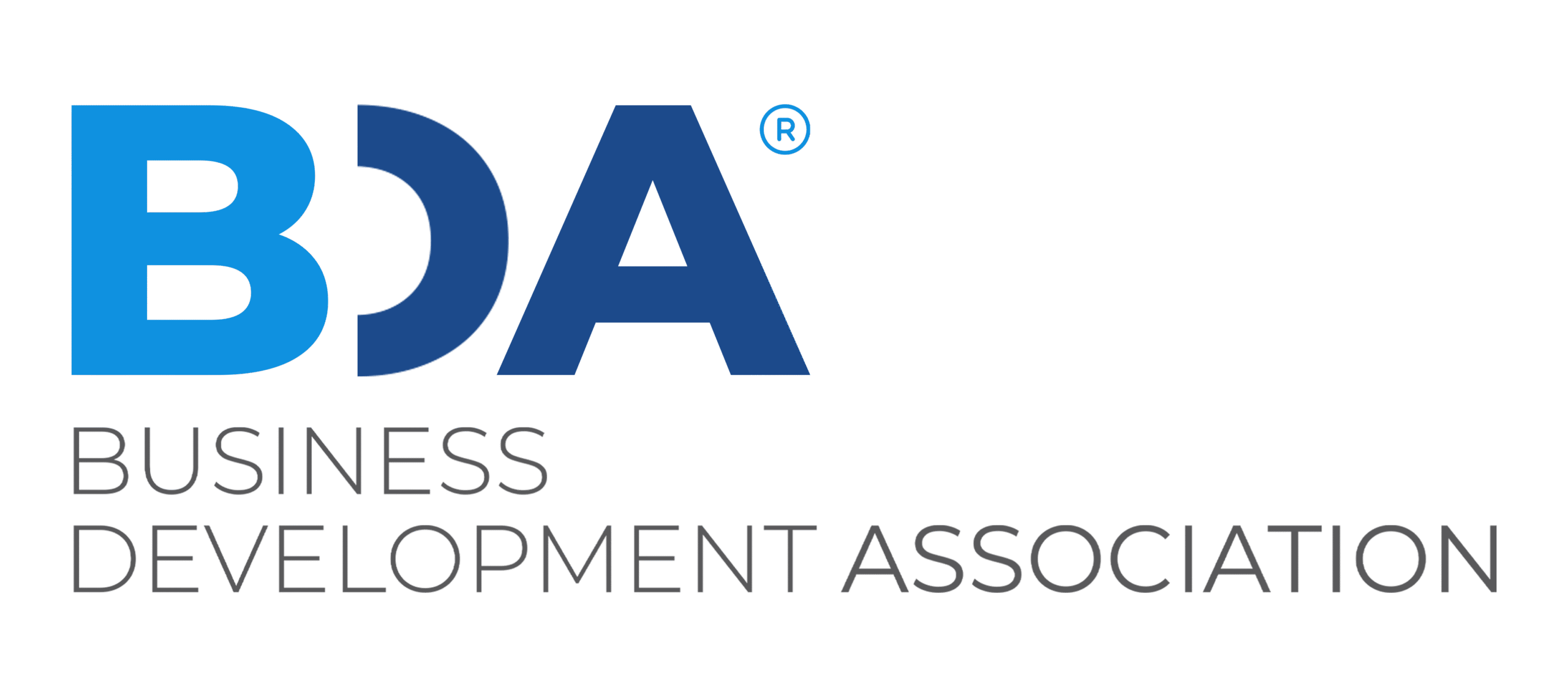There are no products in the cart.
BDA Leadership & Governance
As the global authority in business development, BDA is guided by principles of transparency, accountability, and strategic oversight to ensure that every certification, accreditation, and partnership reflects the highest international standards.
Introduction
At the Business Development Association (BDA), leadership is not defined by individuals alone, but by the strength of our governance framework. As the global authority in business development, BDA is guided by principles of transparency, accountability, and strategic oversight to ensure that every certification, accreditation, and partnership reflects the highest international standards.
Our Governance Philosophy
BDA’s governance model is rooted in three pillars:
Integrity & Ethics – Every decision aligns with the BDA Code of Conduct , ensuring trust and fairness
Global Standards – Policies and frameworks are built upon the Body of Competency & Knowledge BoCK, guaranteeing consistency and excellence across all regions.
Transparency & Accountability: Regular review processes and quality assurance mechanisms ensure that BDA remains the benchmark for business development practices.
Leadership in Action
1. Standards Governance
- Responsible for developing and updating the BDA BoCK®, linking it to learning outcomes and professional measurement.
- Issues updated versions and leads the alignment of certifications and accreditations with them.
2. Exam Integrity & Fairness
- Develop policies for creating question banks, technical review, and statistical analysis of test items.
- Managing test confidentiality, identity verification, anti-cheating policies, and appeal mechanisms.
3. Partner & Accreditation Oversight
- Partner Lifecycle: Approval – Enablement – Monitoring – Renewal/Improvement.
- Alignment of corporate programs with BDA BoCK® (AIDP/AAI/COE) and quality tracking.
4. Ethics & Compliance
- Conflict of interest, mandatory disclosure, conflict of roles, investigation of violations, protection of whistleblowers.
5. Data Privacy & Security
- Privacy Policies, Data Governance, and Record Retention (Candidates/Partners/Members).
6. Regional Leadership
- Regionally align implementation (language/culture/legislation), while maintaining global standards.
How does governance lead us towards impact?
BDA governance is not a paper procedure; it is an impact measurement mechanism that extends from the individual to the institution:
At the individual level: BDA-CP™ / BDA-SCP™ certifications measure market-applicable competencies.
At the organizational level: AIDP/AAI/COE accreditations link training and development to real business outcomes.
At the community level: CSR & Social Impact programs (such as CSIS™/RPDE™) make growth responsible and sustainable.

